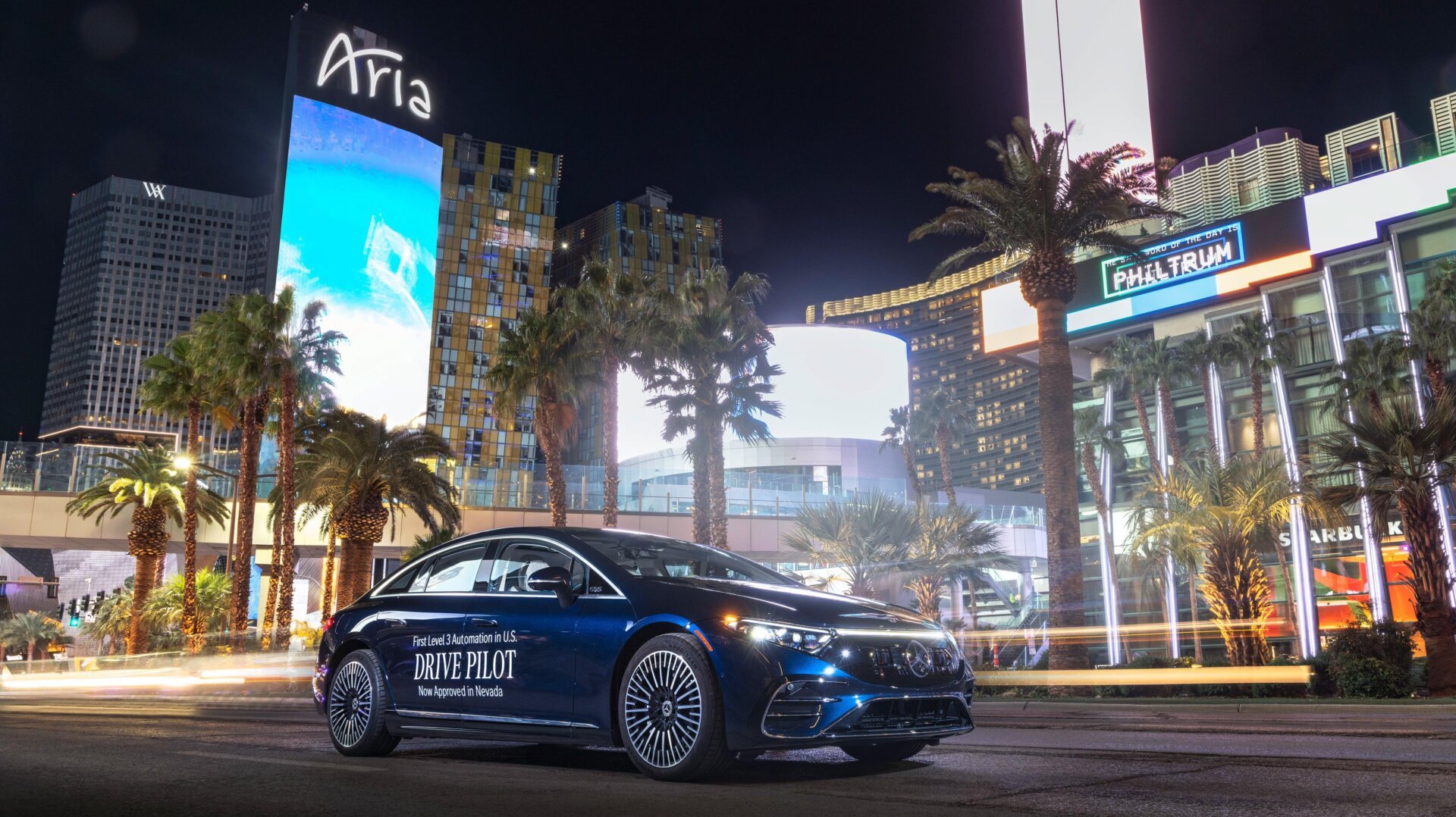Mercedes-Benz has long been a bellwether of elite consumption. Its luxury vehicles aren’t just status symbols. They’re economic signals, revealing how the world’s wealthy are spending. So when Mercedes releases its quarterly sales data, it’s worth paying attention.
The German carmaker released its second-quarter sales figures on July 8, and they paint a picture that is both reassuring and deeply cautious. The data shows Mercedes-Benz is selling its most expensive cars at a blistering pace in America. Demand for its top-end vehicles, including the AMG lineup and the iconic G-Class, is up 26 percent year-over-year. Globally, its push into electrification is gaining traction, with plug-in hybrid (PHEV) sales jumping 34 percent in the last quarter alone.
And yet, on a global scale, Mercedes-Benz is shrinking.
Globally, the company reported a 9 percent decline in sales for the second quarter of 2025. That drop is not due to a lack of interest, far from it. Mercedes blamed “new global tariff policies” for its decision to slow deliveries and keep dealer inventories low, particularly in the U.S. and China. It’s a clear reference to President Donald Trump, now in his second term, who hasreturned to using tariffsas a central tool of industrial policy. Mercedes and other German automakers have once again been caught in the crossfire of global trade tensions.
“We see good customer demand in the U.S. and Germany for our products, including our top-end vehicles, despite tariffs impacting our global sales in the second quarter,” said Mathias Geisen, a member of Mercedes-Benz Group’s board. Translation: the customers are there, but the cars are stuck in the geopolitical pipeline.
Between April and June, Mercedes sold 453,700 vehicles worldwide. That figure could have been much higher if not for trade restrictions. Instead, the company is playing defense: slowing shipments, trimming dealer stock, and rerouting global logistics to avoid punitive tariffs. The one bright spot? The U.S. market.
America has become Mercedes-Benz’s second-largest market globally, and its sales performance there shows no signs of slowing. Top-end vehicles made up more than 14 percent of total Q2 sales. AMG deliveries rose 19 percent. G-Class sales exploded by 56 percent.
Mercedes-Benz USA recently invested in a flagship Manhattan dealership and appointed a new CEO, Adam Chamberlain, who sounded an optimistic note: “We’ll unlock the potential of this important market,” he said, emphasizing partnerships with dealers and a new focus on plug-in hybrids.
But the gains in America are being offset by struggles in China.
Though Mercedes claims it retained its crown as China’s top luxury brand, the company described the market as “highly competitive,” a coded acknowledgment of its ongoing price war with Tesla and local giants like BYD. Beijing’s aggressive “Buy Chinese” policies have further squeezed imported brands like Mercedes, shrinking their foothold.
EV performance was a mixed bag. Mercedes said xEVs—battery-electric and plug-in hybrids—made up 21 percent of global sales and 40 percent in Europe. But the company didn’t break out battery-only EVs in its release, a likely sign that fully electric adoption is lagging behind expectations.
There are some glimmers of hope. The new CLA, an all-electric sedan, was well received in Europe. And Mercedes teased the arrival of an electric GLC model, part of what it calls “the biggest series of car launches” in company history, planned for the second half of 2025.
Still, Q2 paints a picture of an automaker navigating uncertainty. Even as demand grows and new models hit the streets, Mercedes is pulling back for political ones. Trump’s protectionist policies are forcing foreign carmakers to rethink not only how they sell, but where, when, and even whether to deliver at all.
Mercedes-Benz just confirmed what many feared: politics now drives the global auto business.
CarsDonald TrumpElectric VehiclesMercedes-BenzTariffs
Get the best tech, science, and culture news in your inbox daily.
News from the future, delivered to your present.
Please select your desired newsletters and submit your email to upgrade your inbox.
At least five fake versions of the letter are circulating on platforms like Facebook, X, and Bluesky.
Jeep maker Stellantis says it's expecting a $2.7 billion loss.
The luxury carmaker is hitting the brakes on its EQ line, a move that could be seen as the beginning of the industry's troubles as federal tax breaks are set to expire.
By turning the Epstein conspiracy against Trump, the CEO of Tesla cracked the MAGA base, and now the movement that once worshipped the U.S. president is starting to rebel.
After a disastrous launch and dismal sales, Tesla is now offering to give away its most valuable software to convince people to buy its polarizing electric truck.
The all-electric carmaker is rolling out aggressive new incentives to boost demand before the clock runs out on a crucial $7,500 tax break. Will rivals keep up or fold under pressure?



 Motivational
Motivational 22 Jul, 2025
22 Jul, 2025 Bella Alvarez
Bella Alvarez